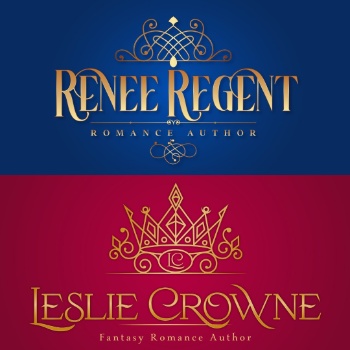The Holy Grail of Publishing─The Quest for Discoverability
Monday, August 15, 2016 | By: Renee Regent
There’s been some buzz lately on the internet about the devaluation of ebooks. This recent blog post by Mia Downing made some interesting points on how indie authors have contributed, perhaps unknowingly, to the devaluation of ebooks. In a rush to grab readers’ attention, prices have fallen so low, that free or close to it is beginning to look like the new normal for ebook prices.
But when nearly everything is cheap or free, how do you get back to having value? And does the tactic really help sales?
The Battle to Get Noticed
To me, it seems like the reason this all started stems from authors seeking to have their books discovered. Yes, they want to increase sales, but for that to happen, readers must first know your book exists. It used to be enough just to put it up on Amazon, or promote it on social media. But now the marketplace is so crowded, and the flood of new content just keeps coming, so it is increasingly difficult to gain attention for any one book.
When a business lowers prices, they are hoping to attract attention. By discounting or giving something away, they hope to lure in customers who will make other purchases. But that strategy is only effective if the other (or future) purchases offset the discounted or free item. Otherwise, it’s a loss. And if all the other businesses like yours are having the same discounts, your product won’t stand out. I’d like to point out that many traditional publishers now also discount heavily at times, using Book Bub and other advertising sites to attract the discount and freebie-loving crowd.
Low Prices No Longer Working?
So price cutting no longer helps sell as many books as much it used to. Too many have jumped on the bandwagon with their bundles of fifteen books for .99. Readers are flooded with choices, and even putting out books every thirty days, a strategy which used to be recommended, may not make much difference. Blog tours, Facebook parties, social media blitzes…reports are these tactics just are no longer working for many like they used to. Even freebies have problems─Author Carmela Thompson’s recent post addresses the perception some have that free books are more likely to be of lower quality.
And if a low price (or free) is no longer enough to entice a potential buyer, what will?
Sell The Experience
Books are entertainment, not a necessity, so authors are selling an experience. You have to entice the reader to obtain your book in order to have the experience they desire. To achieve that, I think the following questions will help:
What genre is your story?
What tropes are you using?
How is your story going to make the reader feel?
And how are you going to convey all of that to potential readers?
First, the cover has to catch the browsing reader’s attention with a promise of what they can expect while reading the story. Everything plays into that─the photo, the colors, and the font. Then the cover copy must describe not only the plot and characters, but the emotions the reader is likely to experience. Will this story make them laugh? Scare them? Arouse them? Drive them crazy trying to figure out what happens next?
(Click here for an excellent article by The Book Designer on working with a cover designer).
The sheer amount of competition is frustrating, but here’s some good news. I’ve seen a few reader polls, and talked to other authors, who report that word of mouth promotion still works. When authors help promote each other they expose their readers to the other author’s work, and vice-versa. People tend to trust the opinions of other readers, and authors they admire. So helping other authors can expand your network of readers organically.
But word of mouth promotion is elusive. It tends to happen over time, and there is no way to track or predict it.
A Moving Target
So, unfortunately, right now there is no Holy Grail or perfect method to be sure your book is discovered. By the time you hear about a tactic that works, it seems to get overused in no time. It’s probably just something we have to accept for doing business primarily on the internet. But I think it all boils down to this:
Write the best book you can.
Get the best cover you can afford.
Get the word out in whatever way works best for you─social media, book clubs, ads, the possibilities are endless and constantly evolving.
Be willing to try new things, and expect the unexpected.
Help out others when you can, and assist those who have helped you. Cross-promotion works!
Discoverability may be a moving target, but the readers are out there. Now, let’s go find them!
What has worked for promoting your work recently? Anything you’ve tried that flopped?


0 Comments